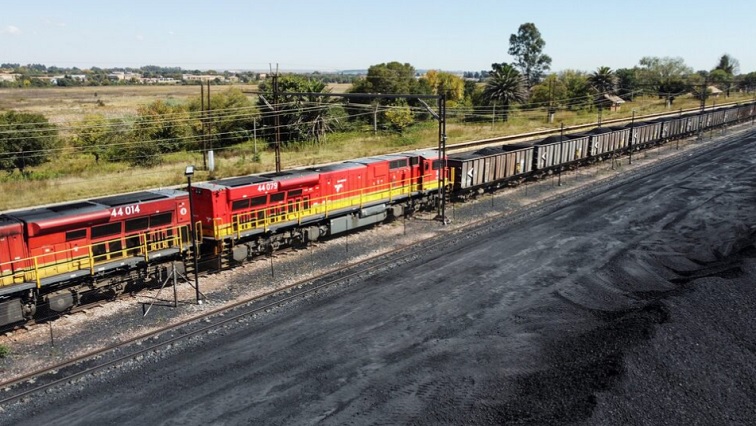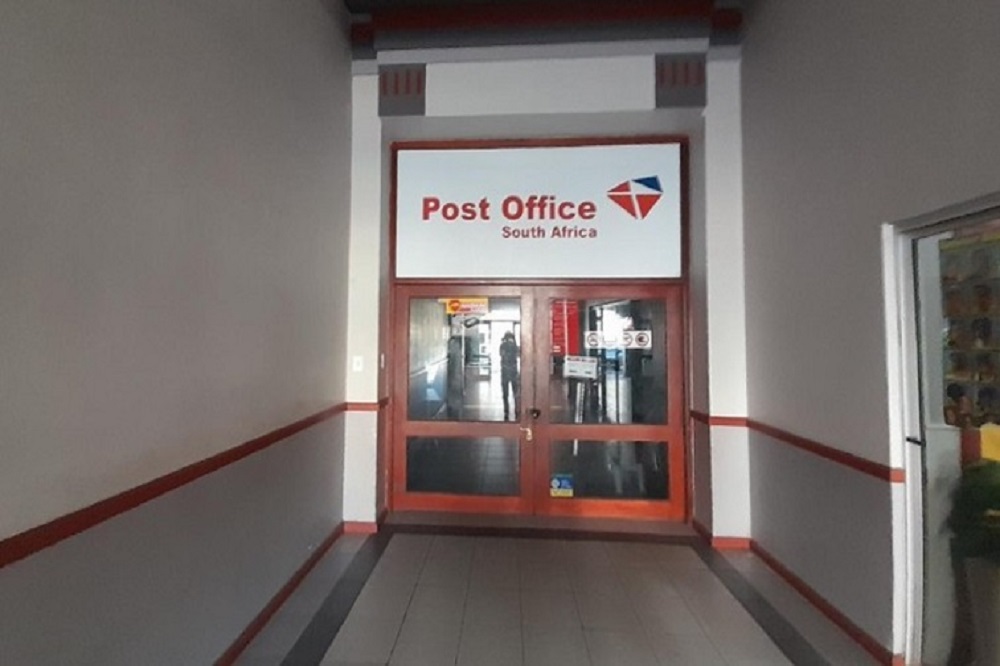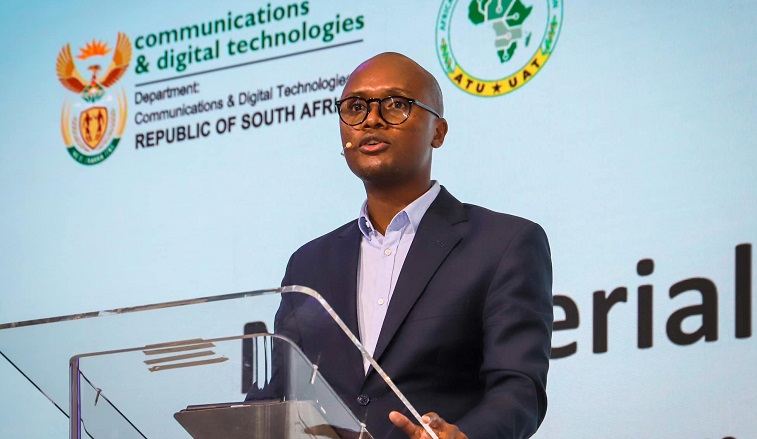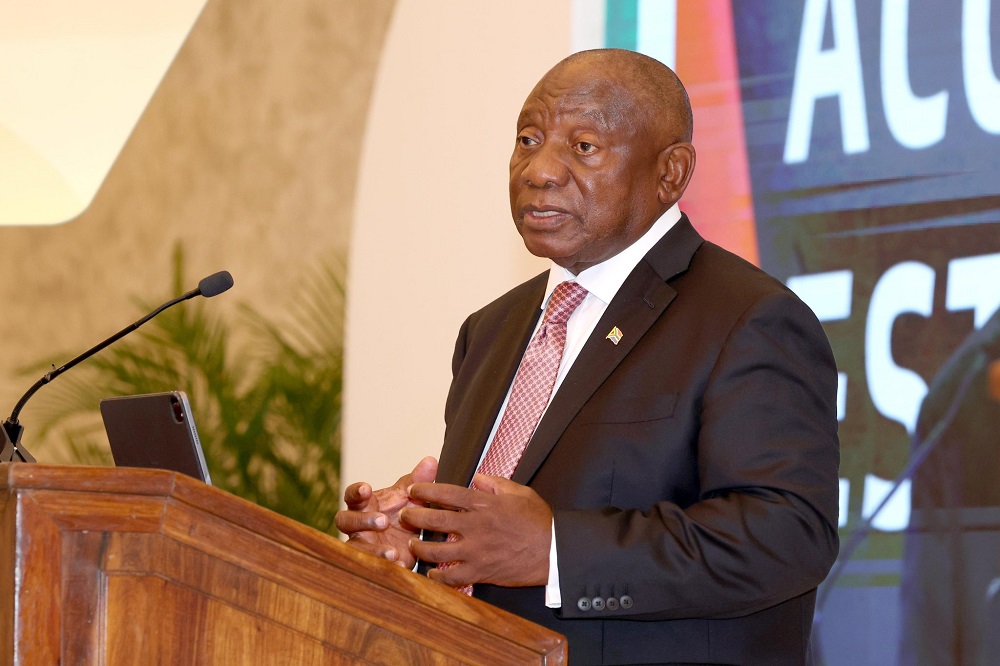-
A Transnet Freight Rail train is seen next to tons of coal mined from the nearby Khanye Colliery mine, at the Bronkhorstspruit station
The move by Transnet to push ahead with reforms is expected to unlock growth opportunities in the logistics sector.
The state-owned rail and transport service is moving ahead with plans to roll out new rail and port projects through public-private partnerships.
These initiatives support the government’s freight and logistics road map and meet the conditions set out by Finance Minister Enoch Godongwana for Transnet.
Industry players have welcomed the move to involve the private sector to develop infrastructure at Transnet.
The rail, port and pipeline company were granted a R47 billion guarantee by the government to allow it to meet its debt obligations and free up resources to improve operations.
Chairman of the Multi-Modal Inland Port Association Warwick Lord has highlighted the need for urgent private sector investment and expertise to help address the supply chain challenges which include increased reliance on trucks.
“What’s happened is due to the inefficiencies of the rail system not keeping a pace with what the advent of trucking has been able to do, we’ve had a significant amount of our cargo move from that should be on rail into a truck environment. And again, the cargo leaves by a truck. Now this is great when every single truck can get to its destination, efficiently and effectively. However, it’s not great when we start having congestion,” says Lord.
Lord says with Transnet planning to open third-party access to the rail network, this will also help alleviate the risk of dependence on rail connectivity.
“We’re looking forward to having more options to choose from when we start looking for a train operating company to move our loads in the case of the city, the Cato Ridge project from Cato Ridge up to City Deep and down to the Durban port. So, that enables us to now spread our risk and not have the public sector risk or specifically Transnet risk that previously was there. And so, as you can imagine, this. And lock for a lot of the projects that were hamstrung by being worried about taking on this sort of risk, that transit risk indicates and shows. And therefore, this allows us to now move forward with a lot of investment plans that were previously held up,” Lord added.
At the same time, Lord stresses that increasing efficiency will in effect reduce the cost of goods and the cost of doing business.
“We’re excited about the cost reduction in the supply chain, which means ultimately the cost reduction in the goods itself, which leads hopefully if all things being equal to a lower inflation rate, which means that we can have lower interest rates, which is all pushing us positively for economic growth that we can now start investing in the various items. So, what we are hoping that this process does is gear us up if you have economic growth in excess of the sort of 1 to 2% that we have targeted or penciled in over the last number of years,” Lord elaborates.
The creation of jobs has also been highlighted as a welcome outcome of the increased momentum in rolling out reforms at Transnet.











